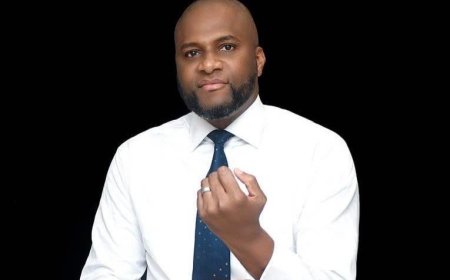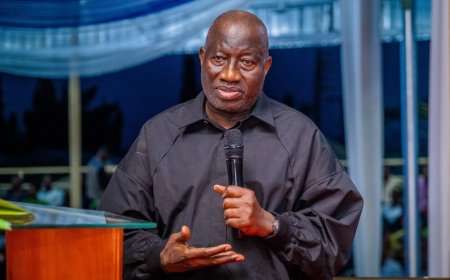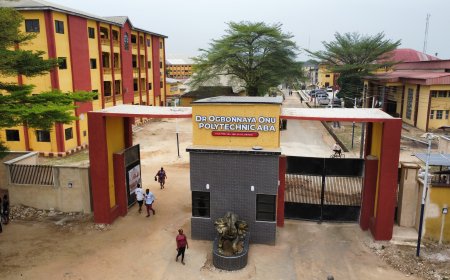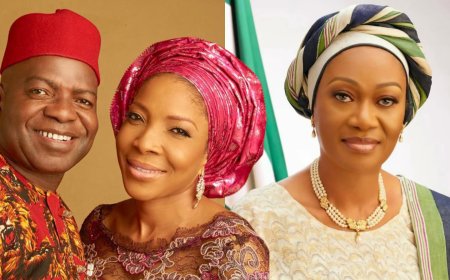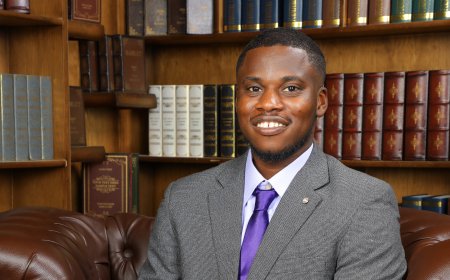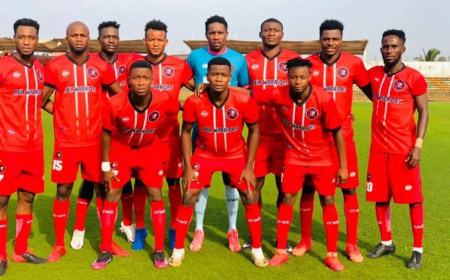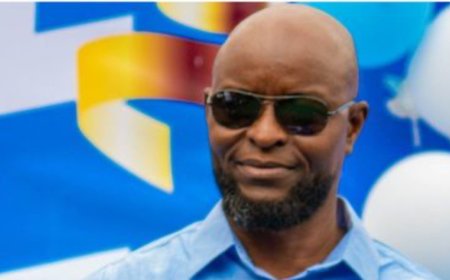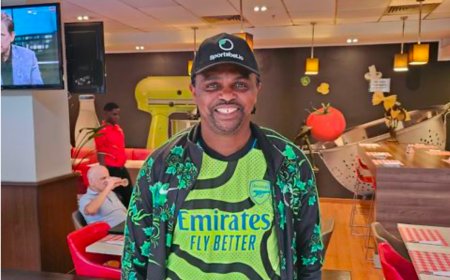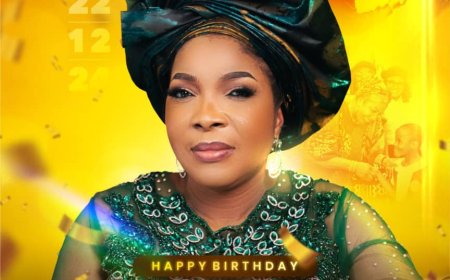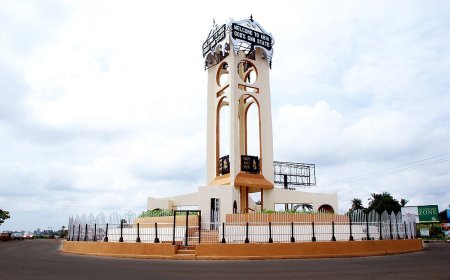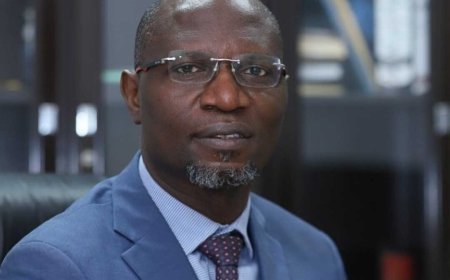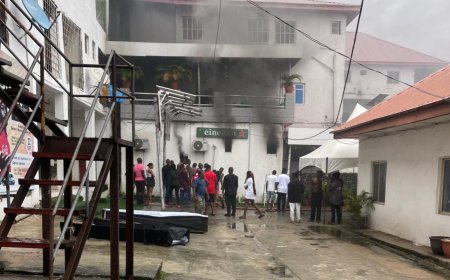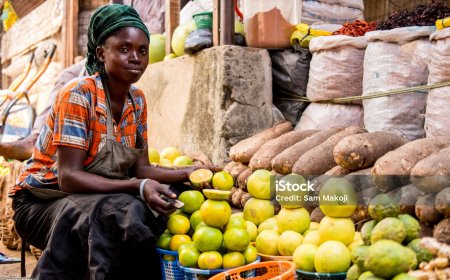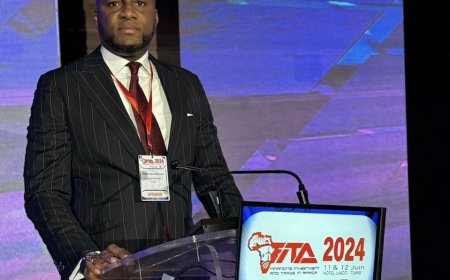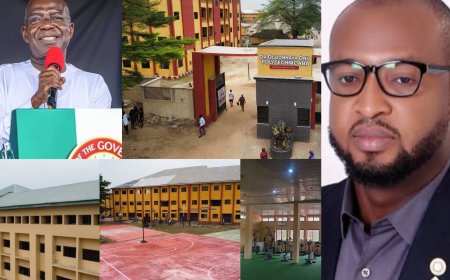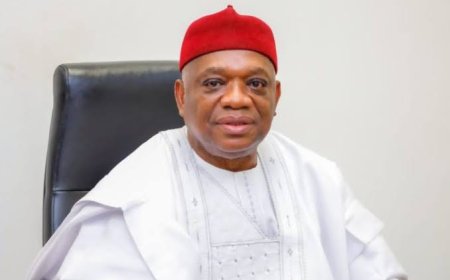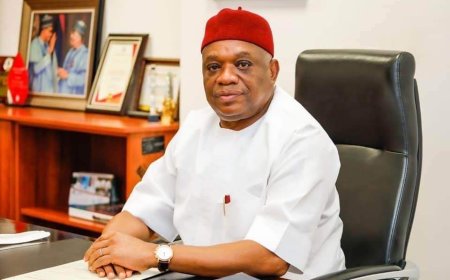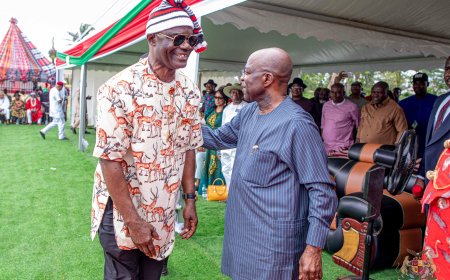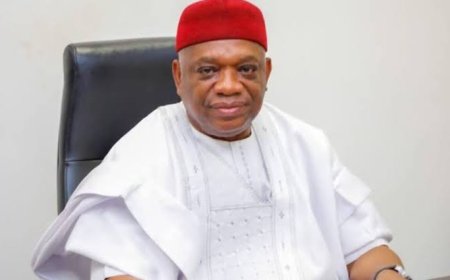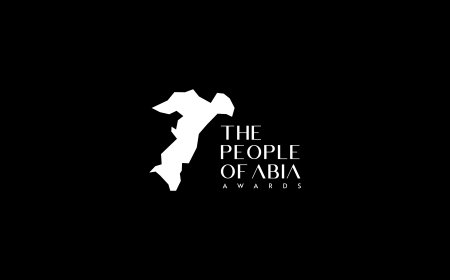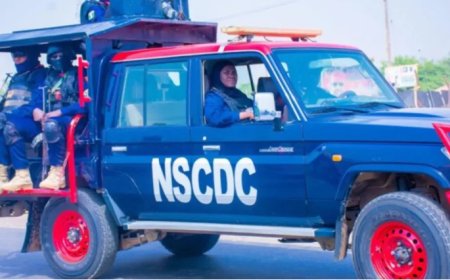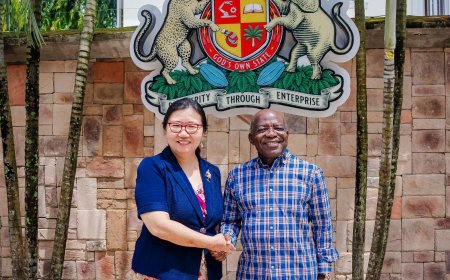We’re not denied land purchase in Igboland, Yoruba, Hausa living in Abia declare

Contrary to the popular misconception that Southeast communities, particularly in Abia State, restrict non-Igbo individuals from owning land, recent findings reveal a different reality. Investigations carried out by Sunday Sun indicate that people from other ethnic groups, including the Hausa and Yoruba, not only live and do business in Abia State but also own properties in strategic locations across its major cities, Aba and Umuahia.
In Aba, the Hausa and Yoruba communities have acquired plots of land in prime locations where they have established mosques, residential homes, and thriving businesses. Notable examples include the Yoruba Mosque situated at the intersection of Azikiwe Road and Asa Road, and the Hausa Mosque on Mosque Street by Hospital Road, both strategically located in Aba. Similarly, in Umuahia, mosques like the one near the popular Isi-Gate area underline the inclusivity in property ownership in the state.
One notable example is Sarika Yaro Danladi, the leader of the Northern community in Abia State. Danladi, who has lived his entire life in the state capital, has successfully built a hotel in Umuahia and engages in cattle business. Married to a native of Ohuhu in Umuahia, Danladi proudly identifies as a Hausa-Igbo man and states that the Abia State government has continually supported his community.
Another individual, Idris Ibrahim, also born and raised in Umuahia, shares similar sentiments. A thriving businessman, Ibrahim has lived harmoniously with the Igbo people and sees no reason to relocate to the North. “Umuahia is my home,” he said, emphasizing the peaceful coexistence he has enjoyed all his life.
The Hausa and Yoruba communities in Aba are thriving as well. Alhaji Mohammadu Guzu, a Hausa elder, mentioned that many Northerners own properties in the city. Among them was the late Alhaji Allah, a prominent businessman who owned several houses in the Okpulu Umuobo and Ogbor Hill areas of Aba.
Similarly, the Yoruba community in Aba has made significant strides. The late Prof. Charles Adeyinka Adisa, a Yoruba man from Ibadan, was a celebrated surgeon at the Abia State University Teaching Hospital. Prof. Adisa owned a hospital and a residential property in Aba, leaving behind a legacy that continues to serve the community. Jerome Tunde, another Yoruba entrepreneur, operates a state-of-the-art printing press in Aba and has acquired substantial land in the city.
Leaders of the Hausa community, like Musa and Ali, emphasized that the Igbo people are accommodating and often encourage non-natives to buy land. The Abia State government and local individuals have further reinforced this inclusiveness by providing support to non-native communities. For example, a former House of Representatives member funded a borehole project for the Hausa mosque in Umuahia.
This open-door policy has enabled numerous Hausa and Yoruba individuals to establish roots in Abia State, owning properties and integrating into the socio-economic fabric of the region.
The harmonious relationship between the Igbo people and non-natives in Abia State underscores the state’s commitment to inclusivity and mutual growth. From high-profile business ventures to inter-ethnic marriages, the state exemplifies how diverse communities can thrive together.




